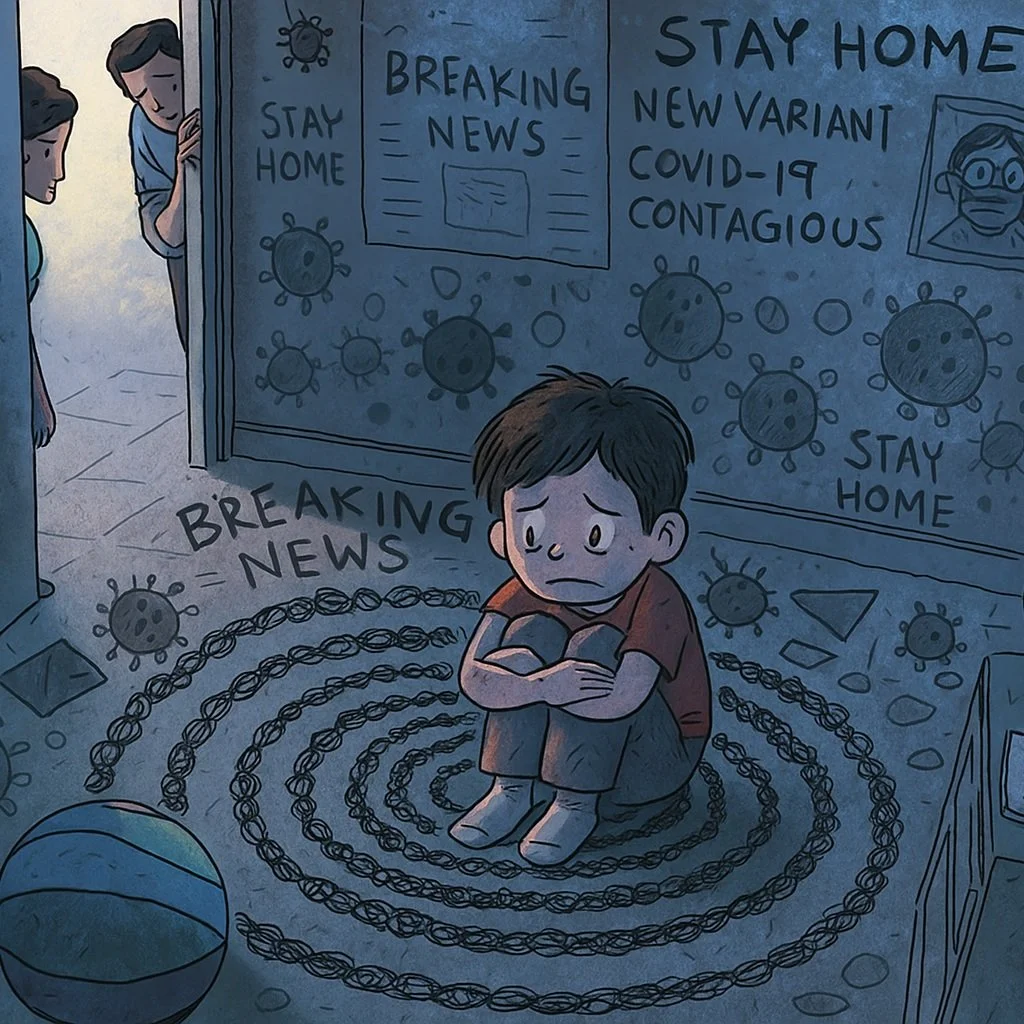What growing up in the pandemic has been like.
A well researched article by Khushnaaz Noras, published in @live_mint and @livemintlounge on what growing up in the pandemic has been like.
- Authored by Avantika Bhuyan
The pandemic year has been a roller-coaster, forcing children to adapt to online learning, loneliness and their parents’ money worries - while teaching them to be happy with small joys
READ SNIPPETS OF THE ARTICLE BELOW
Some preschoolers, who have started their school years online don’t even understand the concept of a teacher, or what waiting for your turn means. It is a novel experience to make friends virtually. “This is true of newcomers to a class in any age group. My daughter is eight, and two new girls joined her class in March this year. They know absolutely no one. At least when my daughter smiles at a friend, there is acknowledgment as they have been together for a long time,” says KHUSHNAAZ NORAS, a Mumbai-based consulting psychologist.
The pandemic is impacting physical development too. In some cases, parents are putting off routine checkups to avoid going to hospitals. “Children of all age groups are neither getting enough sunlight nor sufficient exercise. Some kids are having obesity issues while others are having problems with the bowel function and are suffering from constipation due to lack of physical activity,” says Noras. The increase in device time is leading to the early use of prescription spectacles.
“In families that experienced job losses, children are plagued with an additional anxiety - that of the stability of the living situation. Noras, who does pro bono work as well, has seen children from a lower middle-class demographic worrying about whether the landlord will evict the family or if there will be food on the table. “It’s not like there isn’t food in the house, but the child has heard parents discuss the situation and has internalised the worry. This is even true of families that had to shut small businesses.”
In more affluent families, children are fighting loneliness. They are also witnessing a lot of bickering between parents. “Believe me, couple counselling is now 50% of my work, as compared to 20% earlier.
“Parents are exhausted from juggling work and home, and children are unable to understand why everyone around them is so irritable, frustrated or aggressive.”
— KHUSHNAAZ NORAS
“Given that most of their plans for the immediate future have fallen through, the uncertainty is now beginning to impact their day-to-day decisions. Simple things like not being able to take the local train or an Uber in cities like Mumbai, where the pandemic wave has been like a roller-coaster, has robbed them of their independence. “Covid-19 has now become teatime talk at home. I have teenagers asking me to tell their parents to back off and stop talking about covid all the time,” says Noras.

